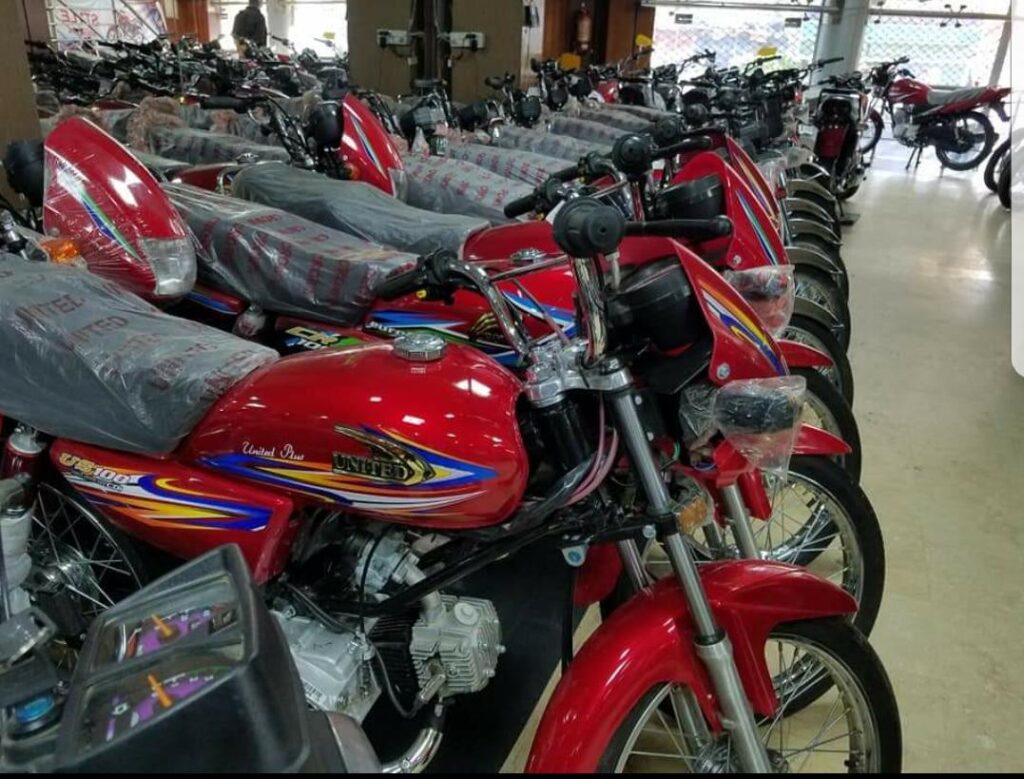- Web
- Feb 05, 2026
Switching to electric motorcycles: opportunities and challenges in Pakistan
-

- Web Desk
- Sep 14, 2023

ISLAMABAD: As fuel prices continue to surge uncontrollably, many Pakistanis are finding it increasingly challenging to cope with the rising costs of commuting.
Muhammad Rizwan, a 70cc motorbike commuter who covers approximately 50 km daily, is now spending nearly 8,000 rupees on petrol each month. He shared his concerns with HUM News English, stating, “Fuel prices are spiraling out of control, and it feels like there’s no relief in sight. It’s becoming difficult to even complain because the situation remains unchanged. We’re all grappling with this misery these days. Our car is sitting idle, and it’s even tough to afford the fuel for my bike.”
With a family to support, including three children and a wife, Rizwan elaborated on the financial strain, saying, “Between petrol, utility bills, groceries, rent, and school fees for the kids, a significant portion of my salary is consumed.”
He’s not alone. Many of his colleagues who also rely on motorbikes for commuting are facing similar financial challenges.
Total registered motorbikes
Motorbikes are the primary mode of transportation in Pakistan, with nearly 20 million registered motorbikes, according to the National Transport Research Center (NTRC).
Inflation in Pakistan has driven a substantial increase in motorbike prices. For instance, the 70cc variant from leading Japanese manufacturers, which cost around 121,500 rupees in January 2023, now commands a price of approximately 158,000 rupees in August. Even Chinese 70cc motorbikes have seen their prices rise from 81,500 rupees in January to 110,000 rupees, Waheed Zaman, General Manager at a Motorbike showroom in Rawalpindi, said.
Zaman explained that the fluctuation in the dollar exchange rate has played a significant role in these price hikes. He noted that about 30-35% of motorbike parts are manufactured in Pakistan, while the remaining components are imported from China and assembled locally.
Decrease in motorbike sales
Pakistan Automotive Manufacturer Association (PAMA) data revealed a 23% decrease in motorbike sales in July 2023 compared to July 2022. While 96,421 motorbikes were sold in July 2022, only 73,588 units were sold in July 2023.
In response to these challenges, electric motorbikes have emerged as an alternative. Launched in 2021 as part of the Pakistan Electric Vehicle Policy (2020-2025), various manufacturers have started producing electric bikes in Pakistan. The 70cc variant of a Chinese electric motorbike with a lithium iron phosphate battery is priced between 220,000 to 260,000 rupees, depending on the manufacturer. These electric bikes have top speeds ranging from 60 kmph to 80 kmph and offer a range of 80 to 95 kilometers on a single 3 to 4-hour charge, consuming 3 to 4 units of electricity.
Asad Iqbal, who purchased a 70cc electric motorbike in June 2023, expressed his satisfaction, saying, “I am happy with my decision to switch to an electric motorbike. It’s easy on my pocket and also good for the environment. While it’s a bit different from conventional motorbikes, it’s well worth the change.”
Challenges to adoption of electric motorbikes
Despite the benefits of electric motorbikes, several factors hinder their widespread adoption. High upfront costs compared to traditional motorbikes, a lack of financing options from manufacturers, concerns about increased electricity bills, and the limited power of 70cc variants to accommodate families are among the challenges.
Some motorbike vendors in Rawalpindi suggested that the government could make electric motorcycle more accessible by subsidizing battery costs.
The electric vehicle (EV) industry is gaining momentum globally due to concerns over climate change, air pollution, and the need to reduce reliance on fossil fuels. The EV industry offers a promising solution to these challenges, with the potential to significantly reduce greenhouse gas emissions and air pollution while decreasing oil dependency. The International Energy Agency (IEA) predicts that the global EV market will reach 145 million vehicles by 2030, up from just 3.1 million in 2017.
Government should implement policies
Daily wage earners who provide deliveries and work for motorbike taxi companies are also struggling to maintain their earnings. They are waiting for the government to implement policies that favour their financial situation.
Muhammad Rizwan shared his aspirations, saying, “In better times, I had a 125cc motorbike, and my friends and I used to visit the northern areas a couple of times every year. Now, it’s nearly impossible to engage in recreational activities. Electric technology in motorbikes is promising. If they can improve the range on a single charge and make the prices more affordable, I’ll definitely consider making the switch.”




